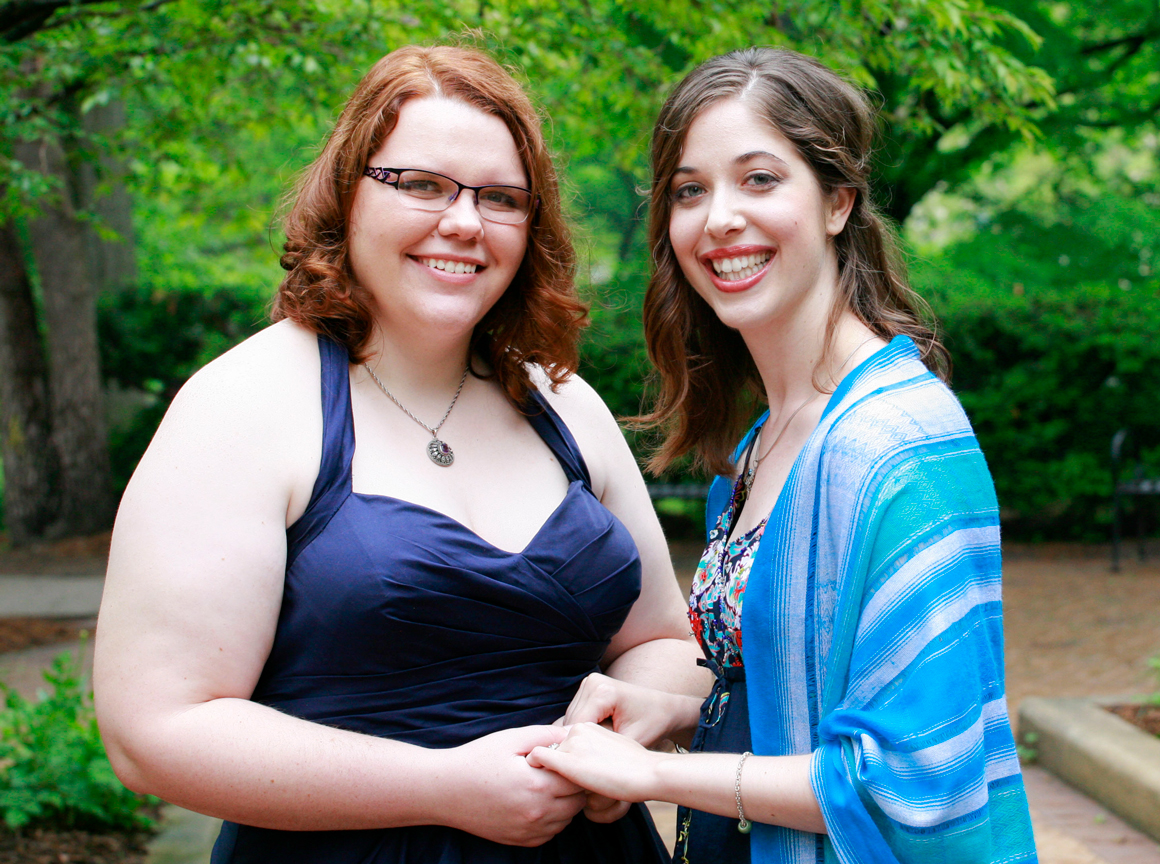Federal Court in Michigan Allows Challenge to Discriminatory Adoption Placement Practices to Continue
DETROIT — A federal district court in Michigan ruled today that a challenge to the state of Michigan’s practice of allowing discrimination against same-sex couples in the public foster care system can move forward.
The American Civil Liberties Union argued that permitting state-contracted, taxpayer-funded child placing agencies to exclude prospective adoptive families headed by same-sex couples based on religious objections to such families violates the Constitution. The plaintiffs, Kristy and Dana Dumont and Erin and Rebecca Busk-Sutton, who seek to provide forever families to children in the foster care system, were turned away by two state-contracted agencies because they are same-sex couples.
The ruling follows a decision by a federal court in Philadelphia involving similar issues. In that case, a faith-based foster care agency claimed that the city of Philadelphia violated its religious freedom by requiring agencies to accept all qualified families — including same-sex couples — in its public foster care work. In today’s decision, the court recognized that the First Amendment not only permits governments to require their contracted agencies to comply with non-discrimination requirements; the decision also prohibits governments from allowing the use of religious criteria to exclude same-sex couples.
Leslie Cooper, deputy director of ACLU’s LGBT & HIV Project, issued the following statement in response:
“In America right now, there are over 118,000 children in the foster care system awaiting adoption. Allowing good families to be turned away because they don’t meet a religious litmus test denies children families they desperately need. The use of religious standards for participation in a government program also violates the Constitution. Couples like Kristy and Dana Dumont and Erin and Rebecca Busk-Sutton, who want to open their hearts and homes to a child in need, should be judged on one thing: their capacity to provide love and support to a child, not whether they pass a religious test.”





